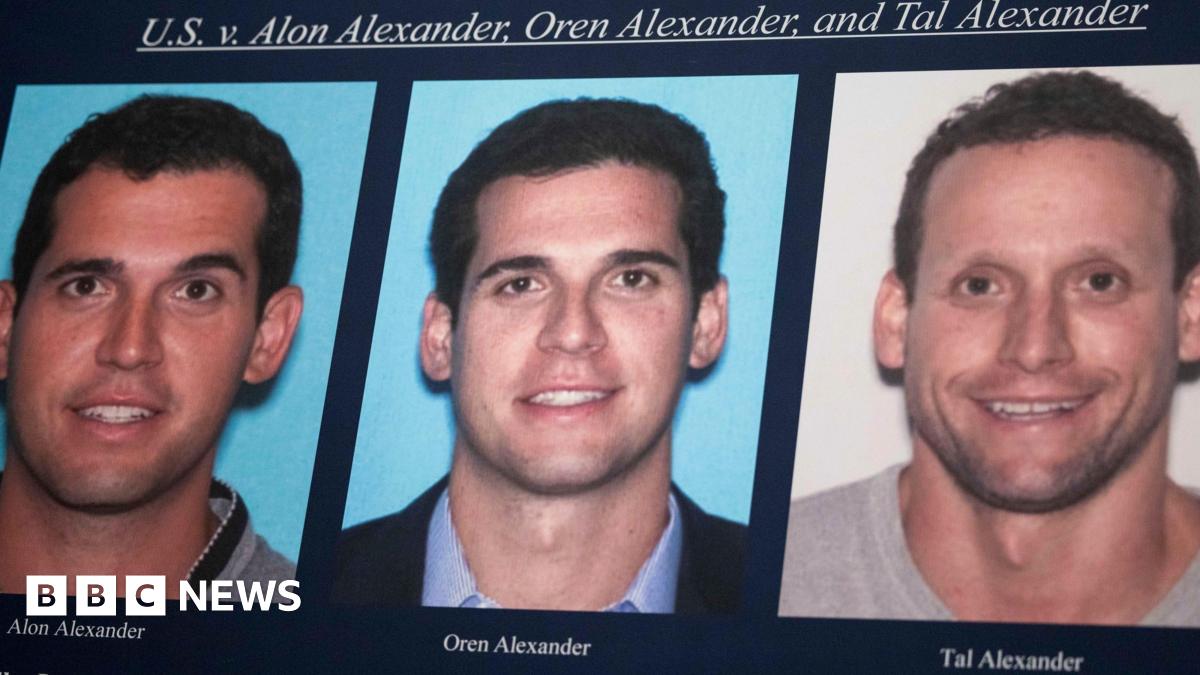The nominee for the next chair of the Securities and Exchange Commission, Paul Atkins, is likely to pursue a more deregulatory approach than the current SEC chair, Gary Gensler, according to SEC commissioner Mark Uyeda.
Speaking Monday at the AICPA & CIMA Conference on Current SEC and PCAOB Developments, Uyeda discussed Atkins after President-elect
“This will be my fourth transition that we’ve had in administrations,” Uyeda said. “I was really excited about the President’s announcement last week of his intent to nominate Paul Atkins as our next chairman of the commission. I’m fortunate to have known Paul going back to when I was a state securities regulator out in California and he was SEC commissioner. Out of that one meeting, it was enough for where Paul was kind enough to offer me a job, and that’s what brought me from Sacramento to Washington in 2006, where I joined his staff.”
Gensler has announced he will be
“We’ve had a lot of activity in the last several years now not only at the SEC but at the PCAOB,” said Uyeda. “Some of it has been staff driven. Some of it has been by the commission. Take SAB 121, which has gotten a huge amount of criticism. My biggest concern about when you do things through a Staff Accounting Bulletin is there’s no notice and comment process. It just gets issued. There is no Commission vote on it either. It is a statement of the staff. I think one of the things that needs to occur is, given the huge impact that SAB 121 has had is that needs to be withdrawn and then replaced instead with a more thoughtful process. Perhaps it goes over to FASB to do what they do so well, which is to have the consultation and say, ‘Look, are we thinking through this, right? What is our basis for this? What are the trade-offs? Let’s collect more data and evidence as to how investors would view these disclosures.'”
Uyeda also objected to the the 1% materiality threshold under the SEC’s proposed climate-related disclosure rule,
He was asked by Dennis McGowan, vice president of professional practice at the Center for Audit Quality, about his expectations for the Commission under Atkins’ leadership.
“First is a return to capital formation,” said Uyeda. “That is one of the core pillars of our mission, how we facilitate capital formation, and we have made it much more burdensome to be a public company with very little scaling between the large cap issuers and the smaller reporting companies. We want an environment where going public is a viable option, because if you don’t have the opportunity to go public, well, why would someone want to invest in the first place? And even with some of the IPOs today, I get more concerned that it’s not viewed as a true capital-raising opportunity, but rather more of a liquidity event for the early stage venture capital and insiders.”
He also hopes to see a more friendly stance toward cryptocurrency. “We have been essentially sending crypto policy through enforcement the last four years,” said Uyeda. “There are a number of things that we can be doing in this area, not only on the accounting side, but with the disclosures that are required, how you think about this in the context of custody, with respect to auditing crypto reserves. There is so much we can be doing in these areas which I would expect the SEC to try to put renewed focus on.”
Credit: Source link











